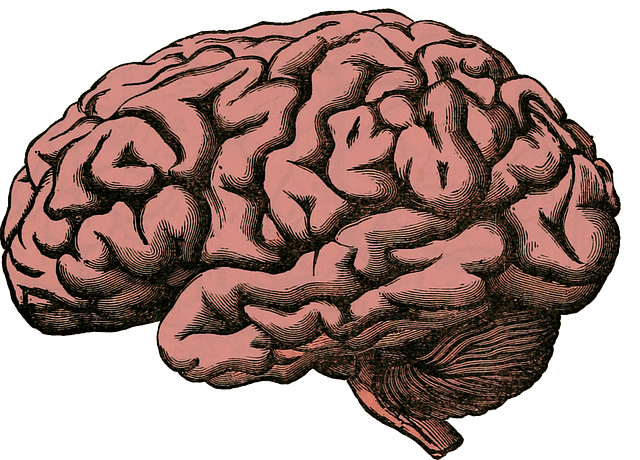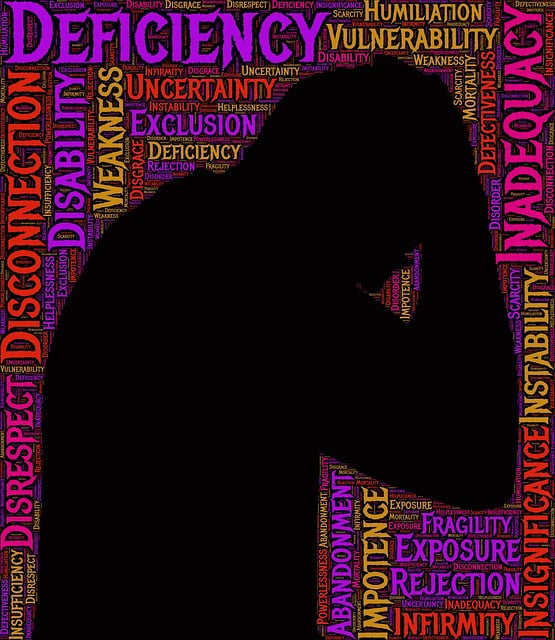Aurora Grief Counseling Therapy employs a multi-faceted approach to harm minimization, starting with comprehensive risk assessment to identify potential emotional distress triggers. Using Emotional Intelligence and workshops on stress management, they create safe spaces for clients to learn coping strategies and build resilience. Integrating cognitive behavioral therapy (CBT), mindfulness, and tailored group support, Aurora develops holistic plans to improve self-esteem and reduce anxiety. Ongoing monitoring, evaluation, and adaptation ensure the plan's effectiveness, while public awareness campaigns destigmatize mental health issues. Through collaborative efforts and community outreach, Aurora facilitates early intervention and long-term recovery, fostering emotional well-being on both individual and collective levels.
Risk assessment and harm minimization planning are vital components of community safety, especially in fostering resilient individuals and communities. This comprehensive guide delves into the essential practices of understanding risk assessment as a foundational strategy for harm minimization. We explore identifying potential risks, developing effective plans, implementing practical steps, and continuous evaluation.
Learn how Aurora Grief Counseling Therapy plays a crucial role in supporting individuals and communities through this meticulous risk management process.
- Understanding Risk Assessment: A Foundation for Harm Minimization
- Identifying Potential Risks and Their Impact on Individuals and Communities
- Developing a Comprehensive Harm Minimization Plan: Strategies and Techniques
- Implementing and Monitoring the Plan: Practical Steps and Continuous Evaluation
- The Role of Aurora Grief Counseling Therapy in Supporting Individuals and Communities Through Risk Management
Understanding Risk Assessment: A Foundation for Harm Minimization

Understanding Risk assessment is paramount in any harm minimization planning process. It involves a systematic evaluation of potential hazards and their likelihood to cause harm. This foundational step, crucial for Aurora Grief Counseling Therapy, entails identifying dangers within an organization or individual’s life, be it emotional distress, stress-related issues, or even the risk of suicidal ideation. By meticulously analyzing these risks, therapists, and counselors can tailor interventions aimed at prevention and mitigation.
Emotional Intelligence, a key component in this process, plays a pivotal role in effective risk assessment. It equips professionals with the ability to understand and manage their own emotions while discerning the emotional states of clients. This skill, coupled with Mood Management and Stress Management Workshops offered by organizations like Aurora Grief Counseling Therapy, empowers them to create safe spaces where individuals can learn coping strategies, enhance resilience, and navigate life’s challenges more effectively.
Identifying Potential Risks and Their Impact on Individuals and Communities

Identifying potential risks is a critical step in risk assessment and harm minimization planning. This process involves scrutinizing various aspects of an individual’s life or a community’s environment to foresee possible hazards and their implications. For instance, in Aurora Grief Counseling Therapy, therapists assist clients in navigating through loss and trauma by identifying emotional triggers that could lead to adverse mental health outcomes. These risks might manifest as intense grief reactions, anxiety disorders, or post-traumatic stress symptoms, affecting not just the individuals but also creating a ripple effect within their support networks.
By assessing these risks, Aurora Grief Counseling Therapy can develop tailored interventions and harm minimization strategies. This could include recommending Mind Over Matter principles for stress management workshops within organizations to foster emotional regulation. Such proactive measures aim to prevent or mitigate the impact of potential harms, ensuring individuals and communities are better equipped to cope with challenges and lead more fulfilling lives.
Developing a Comprehensive Harm Minimization Plan: Strategies and Techniques

In developing a comprehensive harm minimization plan, Aurora Grief Counseling Therapy emphasizes strategies that holistically address mental health and well-being. This involves integrating various techniques such as cognitive behavioral therapy (CBT), mindfulness practices, and group support sessions tailored to individual needs. By fostering self-esteem improvement and anxiety relief, these interventions empower individuals to navigate challenging situations with enhanced resilience. Public awareness campaigns development is another critical component, aiming to destigmatize mental health concerns and encourage proactive harm prevention strategies within communities.
Through collaborative efforts between therapists, community leaders, and affected individuals, a robust harm minimization plan can be crafted. This includes identifying at-risk populations, designing targeted interventions, and implementing support systems that promote early intervention and long-term recovery. By combining evidence-based practices with compassionate care, Aurora Grief Counseling Therapy ensures that harm minimization plans are not just documents but living, breathing strategies that positively impact lives, fostering a safer and more supportive environment for all.
Implementing and Monitoring the Plan: Practical Steps and Continuous Evaluation

Implementing a harm minimization plan is just the first step; monitoring and continuous evaluation are crucial for its effectiveness, especially in complex scenarios like Aurora Grief Counseling Therapy. Regularly review and adapt the strategy to reflect evolving needs, new research, and feedback from clients and staff. This dynamic approach ensures the plan remains relevant and aligned with best practices in trauma-informed care.
Practical steps involve establishing clear metrics for measuring success, conducting periodic staff meetings to discuss progress, and incorporating client feedback into future iterations. The Community Outreach Program Implementation can benefit from these evaluations, fostering a culture of inner strength development through compassion cultivation practices. By staying agile and responsive, Aurora Grief Counseling Therapy can offer optimal support to those in need.
The Role of Aurora Grief Counseling Therapy in Supporting Individuals and Communities Through Risk Management

Aurora Grief Counseling Therapy plays a pivotal role in supporting individuals and communities through comprehensive risk management. By integrating evidence-based practices, this therapeutic approach helps mental health professionals develop robust self-care routines for better mental health, thereby enhancing their resilience to stress and potential trauma. Equally important, Aurora Grief Counseling Therapy facilitates community outreach program implementation, fostering a supportive environment where people can access necessary resources and services proactively.
This therapy recognizes the interconnectedness of individual well-being and community resilience in risk management planning. Through tailored interventions, it empowers individuals to navigate challenging situations with enhanced coping mechanisms while simultaneously strengthening community bonds. Such holistic strategies not only mitigate risks but also promote a culture of emotional well-being and collective support, ensuring that everyone has access to effective mental health care.
In light of the above discussions, it’s clear that risk assessment and harm minimization planning are paramount for ensuring safety and well-being in individuals and communities. By understanding the foundational principles, identifying potential risks, developing robust strategies, and implementing practical steps, we can create a more secure environment. Aurora Grief Counseling Therapy plays a crucial role in this process, offering specialized support to navigate through challenges and foster resilience. Ultimately, continuous evaluation and adaptation are key to effective risk management, ensuring that our efforts keep pace with evolving needs and circumstances.














